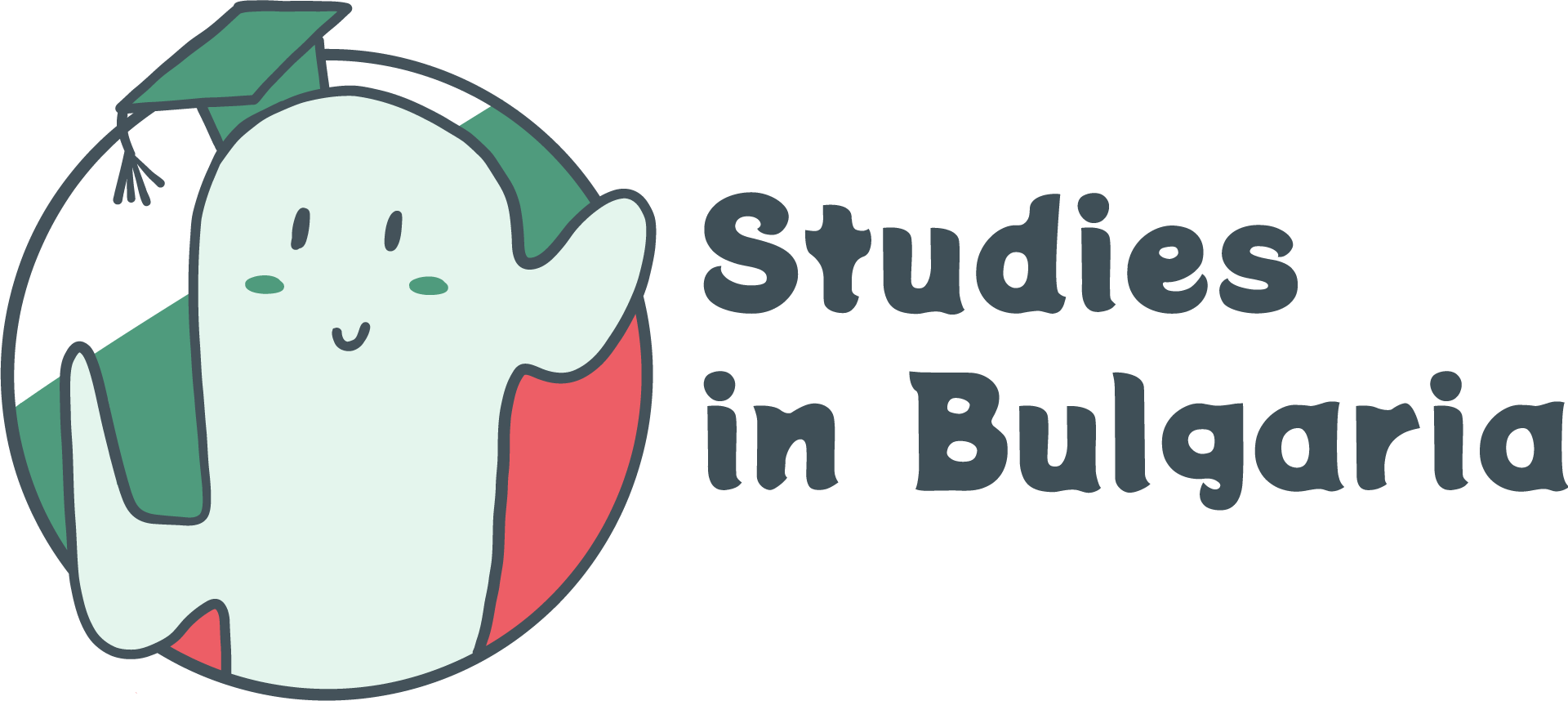
Starting January 1, 2026, Bulgaria is making two major moves: officially joining the Schengen Area and adopting the euro (€) as its national currency. These long-awaited milestones mark a new chapter for the country — and bring important changes for foreign students.
Easier Travel Across Europe
With Bulgaria joining Schengen, international students can say goodbye to border checks when traveling across Europe.
- One visa = access to 25+ countries
- Perfect for weekend getaways, Erasmus+ exchanges, internships, and conferences
This is a major benefit for students who want to explore Europe while studying in Bulgaria.
No More Currency Exchange Hassles
Goodbye lev (BGN), hello euro. Adopting the euro means:
- No more currency exchange for students from Eurozone countries
- Easier budgeting and online payments
- More transparency for comparing tuition and living costs across the EU
Even for non-EU students, dealing in euros makes it easier to manage finances and plan ahead.
But… Will Prices Go Up?
One of the biggest concerns around the euro is inflation. So, should students worry about rising costs?
What to Expect:
- Housing: Rent prices in cities like Sofia, Plovdiv, and Varna may go up slightly due to euro rounding and increased demand from students and tourists.
- Everyday Services: Small businesses may raise prices, especially in cafés, salons, and transport.
- Tuition Fees: No significant changes expected — public university fees are regulated and remain among the most affordable in Europe.
The Bulgarian government and EU institutions will monitor the transition to prevent unjustified price hikes.
Long-Term Benefits for Students
Despite some short-term adjustments, international students stand to gain a lot:
- More freedom: Travel without borders
- Stronger education value: Bulgarian diplomas gain more credibility in the EU
- More partnerships: Expanded Erasmus+ programs and international exchange opportunities
- Better career prospects: Degrees may carry more weight across the EU job market
Final Thoughts
Yes, 2026 may bring a slight rise in the cost of living, but the long-term benefits are significant.
Studying in Bulgaria will become:
- More connected
- More accessible
- More competitive in the EU education space
Whether you're planning your studies in medicine, technology, economics, or the arts — Bulgaria’s next chapter offers new opportunities and a more integrated European experience.
